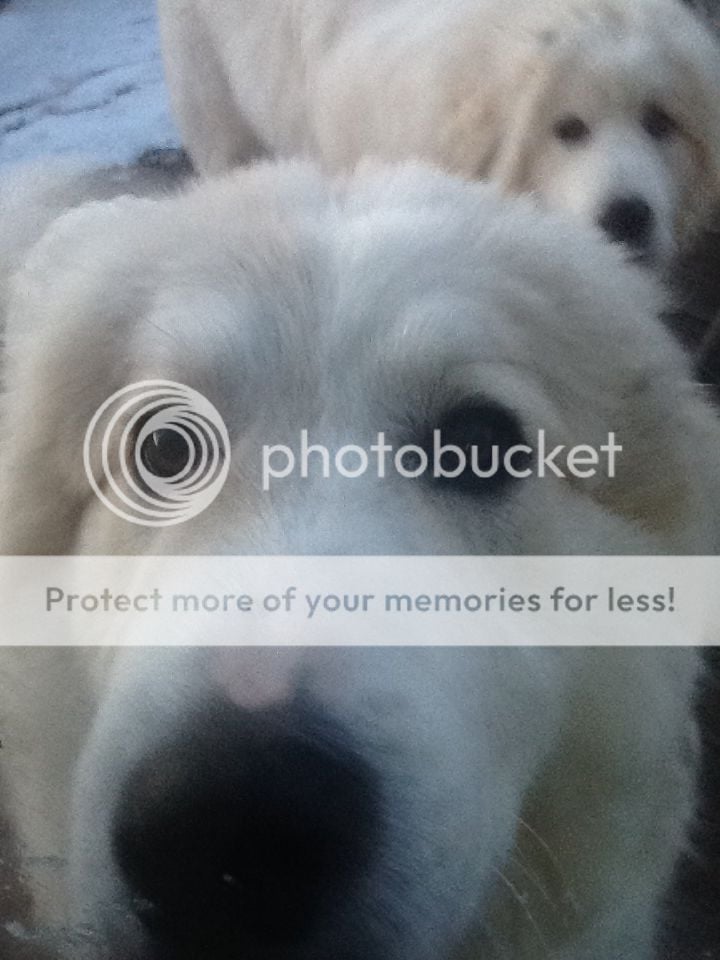HorseSlave
Chirping
Don't know if anyone has pointed this out yet: Livestock guardians and herding breeds do the job well because they have a strong predatory instinct. Through training and selective breeding, the dogs short circuit the final act of killing their prey. Usually. BUT, in spite of training, there will be an occasional rogue act and they complete the action. Herding is just hunting without killing.
With that being said, this is why there's a trend of using guardian livestock, like donkeys and llamas, and alpacas. They won't eat their charges, but their pretty vicious to intruders.IIncluding strange humans. Here in Florida a few years ago, a couple went horseback riding through a cow field, and were attacked by the donkeys, and ended up in the hospital with pretty serious injuries.
A donkey, llama, or alpaca probably isn't practical in this case, but it does deserve mentioning that any dog large enough to take on a racoon or possum will do the job, but the dog can also decide to have a chicken dinner too.
And then, lastly, the dog can and most likely will sustain injuries from the racoon or possum. Most will be serious enough to require a visit to the veterinarian. And expect a pretty big bill.
So if you're protecting rare birds worth a lot of money, then it's worth it. If not, a $200+ vet bill to protect a $20 bird isn't worth it. There's tons of other ways to protect your stock that will be cheeper in the long run.
And now for the backlash....
With that being said, this is why there's a trend of using guardian livestock, like donkeys and llamas, and alpacas. They won't eat their charges, but their pretty vicious to intruders.IIncluding strange humans. Here in Florida a few years ago, a couple went horseback riding through a cow field, and were attacked by the donkeys, and ended up in the hospital with pretty serious injuries.
A donkey, llama, or alpaca probably isn't practical in this case, but it does deserve mentioning that any dog large enough to take on a racoon or possum will do the job, but the dog can also decide to have a chicken dinner too.
And then, lastly, the dog can and most likely will sustain injuries from the racoon or possum. Most will be serious enough to require a visit to the veterinarian. And expect a pretty big bill.
So if you're protecting rare birds worth a lot of money, then it's worth it. If not, a $200+ vet bill to protect a $20 bird isn't worth it. There's tons of other ways to protect your stock that will be cheeper in the long run.
And now for the backlash....




